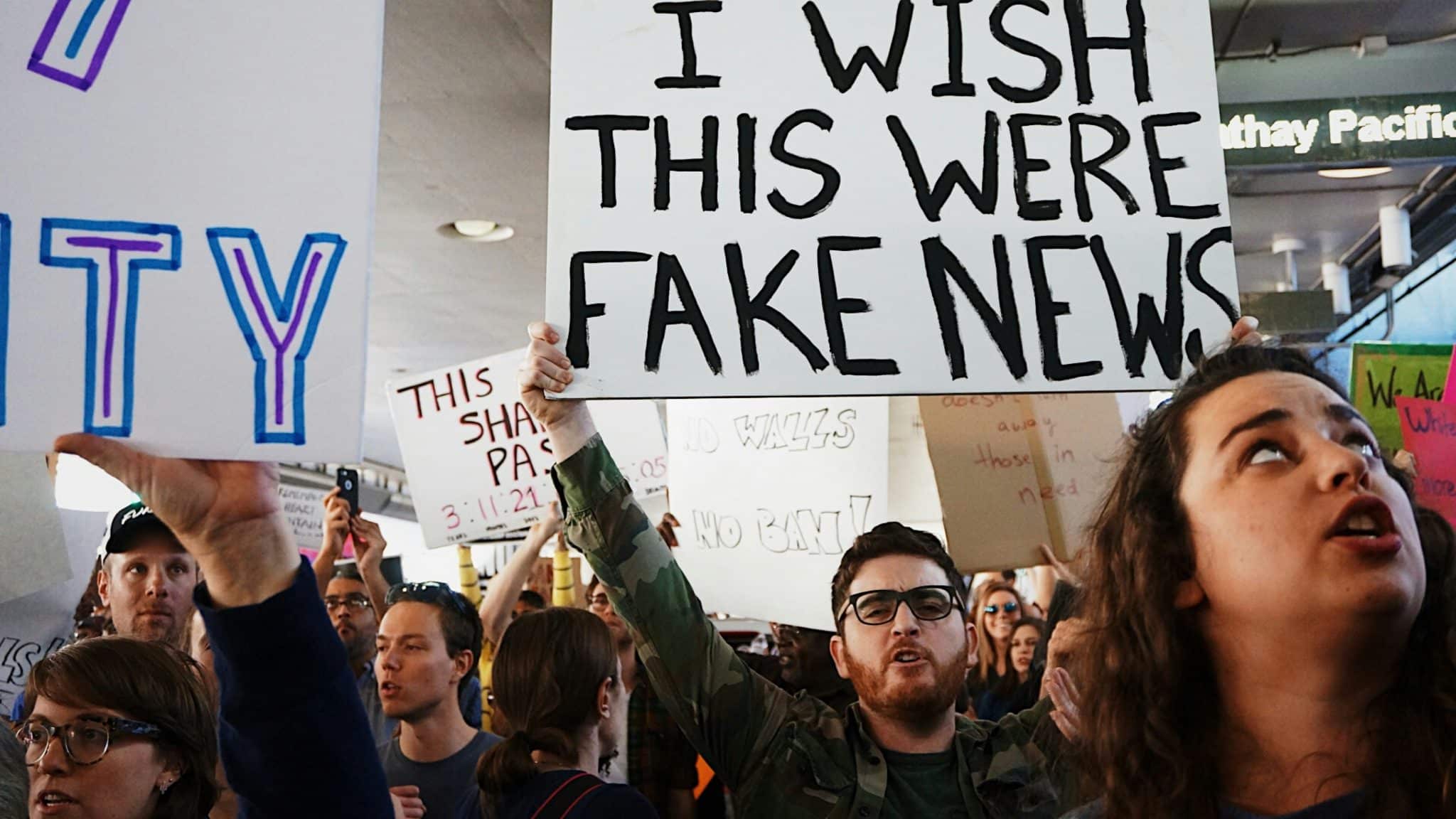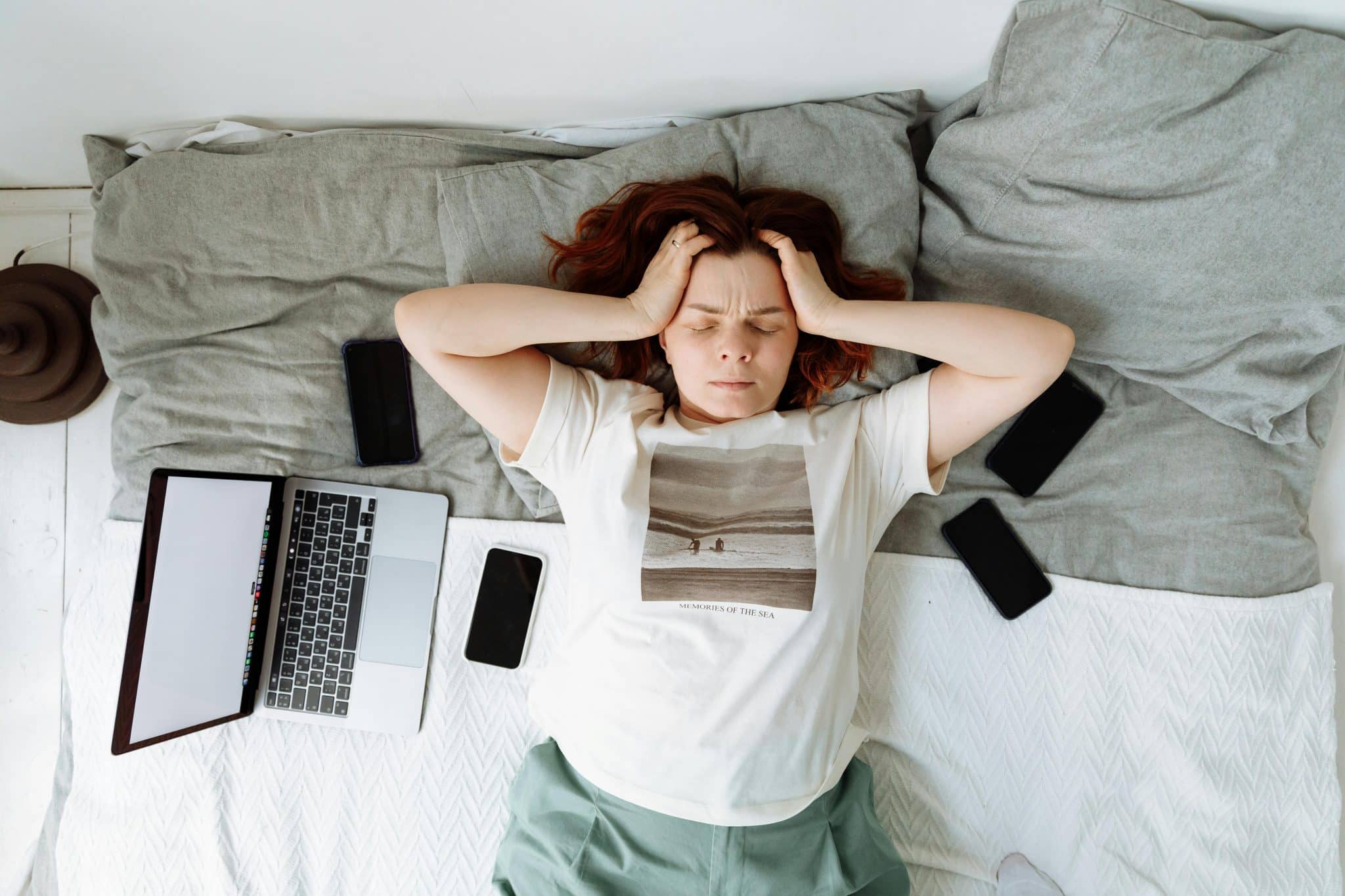Economist Scott Cunningham on Finding Focus for Academic Research

At Freedom, we love our users – not just because they use our product, but because they’re cool – cool people working on cool stuff. Academy Award-nominated screenwriters, best-selling authors, editors, developers, cartoonists, star TV actors, academic researchers, explorers, and entrepreneurs – the Freedom community is packed with curious, creative, and efficient go-getters. We love to share their stories and advice, because how better to learn about productivity than from the productive?
Meet Scott Cunningham.
Scott is an associate professor of economics at Baylor University where he studies a number of topics at the intersection of crime and risky sexual behavior. In particular, he is known for his work on the effects of technology on prostitution markets and the effect of policy on violence against women. As a tenured professor, Scott has to be able to focus for long periods of time on a daily basis so that he can balance teaching with his various research projects. So this week we sat down with Scott to learn a little more about what he does and how he creates the focus necessary for academic research in an age of distraction.
How did you come to be a lecturer of economics? How did you get started and where are you now?
I did a Ph.D. in economics back in 2007 and wanted a career in academia. I’ve been at Baylor ever since.
My entry into academia, though, couldn’t have been more backwards. I majored in English in college and had never taken an economics course. But in my first job as a qualitative research analyst, I stumbled across the Nobel Prize speech by Gary Becker whose work on crime I found particularly inspiring. I decided soon after that I wanted to become a professional economist who studies crime, and that’s basically how things turned out.
As an academic and writer, how do you stay productive, motivated, and focused?
For me to be productive, I need long blocks of time — three or four hours at least minimum of just work. Once I hit 3-4 hours, I usually am in a steady groove and can keep working indefinitely. But I’m a voracious consumer and producer of social media, and struggle with self-control issues due to having ADHD. So over the years, I’ve tried lots of life hacks, which are almost always cutting the cord to the internet device I’m using. But that’s not always easy to do, because I use a computer to work, and can always reconnect the Internet.
Before I owned an iPhone, I would routinely switch between writing and checking Facebook, and so it was just always a fight to stay focused. I’d use certain music, work in certain places that minimized distraction, but it’s always been a bit of a roller coaster. Then several years ago, there was some software I found called Anti-social which would disable access to certain websites for blocks of designated time. That was a turning point, as I found I was usually unwilling to reboot the computer in order to disable the software. But that started to lose its effectiveness once my “play flow” moved over to my phone. I prefer the iPhone and from what I can tell, Apple has chosen not to create many if any commitment devices that work well with their devices, but then I found Freedom which reminds me of Anti-social. I use it to block social media and other websites during the day for large blocks of time, and then I use it in the evenings before bed to block all websites so that I could break another bad habit of laying in bed reading Wikipedia and staying awake.
When/where are you most/least productive, and how does this shape your daily working routine?
I’m most productive early in the day, and would prefer to wake up early, have my coffee, have some quiet time alone, and focus. But, my phone is a constant distraction, and so it has interfered with my ability to do that for a long time. What I’ve begun doing now is setting Freedom to block all website activity when I go to bed until around 7:00 which helps force me to have some designated time early before the day starts.
At what point did you realize that tech, apps, and sites were taking a toll on your productivity and time?
I knew a long time ago, easily ten years ago. In academia, you are trying to achieve something called “tenure”, which is the termination of a clock of around 6 years at which point your department, college, and university at large votes whether to give you a semi-permanent contract. In order to achieve this goal, you have to make a national name for yourself based on your research, and in economics, that requires publishing in competitive journals. The publication lags are very long, though. Projects themselves take years, and publishing the paper itself can take several more years. So in order to make tenure, the researcher has to have a lot of irons in the fire, be good at moving projects through a pipeline from conception to publication, and work compulsively. It’s very stressful, and I could see early on that social media was a two-sided sword for me. On the one hand, having that outlet and that kind of social interaction helped me from burning out to a degree. I build relationships within my broader professional research community by promoting and disseminating research, and people began to learn about me too in the process, which also helps achieve the goal of making a name for oneself in one’s field.
But on the other hand, I found myself treating Facebook like a personal blog. And I became very responsive to little things on social media like retweets, likes, and notifications that my name was mentioned. These are all seemingly trivial things, but for some reason, I have been highly susceptible to them and so sometimes struggle to break the habit of checking social media compulsively. I disabled notifications to the best of my ability, which helped. I also experimented often with deleting the apps, but since I could easily get on through the browser, that wasn’t a huge help. I needed the iPhone to organize my day, maintain a calendar, and other necessary things, so it never felt like an option to punt on the phone altogether, though often I considered it. I hired a life coach at one point just to try and bring some external structure and accountability. All of that helped, but I think I learned through the process that this is probably always going to be a struggle for me. I enjoy writing, I enjoy connecting with people, I value feedback, and I want to be informed about current events. All of which works to make social media deeply rewarding and deeply distracting. So I knew early on when I got hired in 2007 that this was an issue, because I had kept a blog going back to 1999, and in high school ran a bulletin board service. I had always known how important electronic communication was for me. But when I got my tenure-track job at Baylor University, the stakes became very high and I had to figure out how to substantially reduce its toll on my productivity.
What resources or tools do you use daily and have found most beneficial to your productivity and/or working process?
Right now, it’s just Freedom. I’m not using a life coach anymore, as where I live (Waco, Texas) there’s not really a vibrant market for them. I can’t take stimulants for ADHD, so I’m really having to just rely on life hacks. So mostly these days it’s Freedom, as well as going to coffee shops to work for the day.
What project are you currently most excited about?
I’m sort of in between projects. I finished up a nine-year study of decriminalized prostitution and published it last month, which was nice and rewarding. I have a few other studies on violence against women that mean a lot to me, but they’re at a later stage where now we are just trying to publish them (which is my least favorite part of the process – I prefer the research, not the publishing part). I wrote a book on applied statistics called Causal Inference: The Mixtape and have enjoyed hearing from other economists and social scientists that the book has meant a lot to them.
What excites you most about your industry?
That’s a good question. It varies from year to year. For a very long time, what excited me about economics was the emphasis placed on empirical testing of economic theories. The last fifteen to twenty years, in particular, has been an exciting time for researchers as theories about estimating causal effects have moved into the hands of creative researchers who adapt them to particular situations and with interesting data sources estimate what probably happened when some event occured.
Knowing whether A causes B is tremendously important – not just for science, but arguably even more so for decision-makers who need that information to guide them in making decisions in the future. We’ve known for a very long time that under certain conditions, a randomized experiment could yield an answer to many many questions. But what I have found equally interesting has been the growth in our understanding of how to estimate causal effects when you cannot run an experiment. For instance, in one of my papers, I was interested in the causal effect of parental methamphetamine abuse on child neglect and foster care admissions. But you can’t just compare meth addicts to non-meth addicts, because these two groups of people are probably very different from one another in other ways, not just with regards to their drug use. So what I did with a friend at the Census was use what’s called a natural experiment. We used the data we had during a time where the federal government forced street prices for meth to skyrocket in 1995 (temporarily). The result was a reduction in people being admitted to hospitals and treatment for meth use, and from that event, we were able to see then what also happened to foster care admissions. We found that foster care was highly responsive to dramatic decreases in meth use. This was an exciting thing to learn for a lot of reasons, but what I found really mesmerizing was that I didn’t always need to run an experiment to answer an important, policy-relevant, scientific causal question.
I think going forward, what excites me, though, is changing. I am very interested in the work of Crystal Yang and Will Dobbie at Harvard who are studying the determinants of racial discrimination in criminal justice outcomes. African-Americans have very high incarceration rates, and as a result, both the lives of those people are permanently disrupted, but also their families and communities. Understanding how and along what margins is important. But what Yang and Dobbie with their coauthors have been showing is that there are sources of racial discrimination at various points in the process of going to prison – even much earlier in the process, even pre-trial. Their empirical strategies are very interesting – they often find subtle sources of randomization that allow them to tease out certain insights. Or they simply work with new data sources and show that certain actors were playing roles in driving disparities that hadn’t really been shown before then. I love their work partly for the empirical work – the collection of original new data sources, the way in which they set up experiments where you wouldn’t think was possible. But I also think they are working on truly important topics. It’s important to understand the causes and consequences of racial discrimination in the criminal justice system. And they are doing work on that. I can only imagine it’s incredibly gratifying to do that work on many dimensions — both with respect to the actual empirical work, which sounds exhilarating, but also morally. I read everything that team writes as well as assign it to my students in my “Economics of Crime” class at Baylor.
What has been the most interesting finding from your research?
Good question. Probably it’d be findings from one of my prostitution studies. In one study with Manisha Shah, we studied what happened when a district court judge in Rhode Island ruled that the state’s laws banning prostitution did not apply to “indoor prostitution”. That happened in 2003, and it was by all accounts unexpected. The problem apparently had started 23 years earlier when state legislators hastily rewrote its statutes on prostitution. In the process of completely rewriting one statute and creating a new one, they inadvertently had legalized indoor prostitution. It just apparently went unenforced and maybe even unnoticed for 23 years.So Manisha and I spent many years studying what effect that law change had on both the market for commercial sex, but also some of the alleged external harms to women and society created by prostitution. You can read the article here, as it was just published last month
To make a long story short, what we found is that decriminalization led to an increase in prostitution. But more surprising was the effect that decriminalization had on public health – specifically, a 30% reduction in reported female rape offenses, and a 40% reduction in female gonorrhea incidence.
At the moment, this is more or less a hypothesized causal channel connecting regime and market structure to violence against women. But others have found similar things. For instance, Bisschop, et al. (2017) found something very similar when Amsterdam legalized street prostitution areas.
How do you prioritize the things that matter most to you?
That’s a good question, and to be honest, I don’t have a system for that. Research has been the highest priority for a long time because of its connection with existential meaning and income. I would create 1- and 5-year plans, maps of where I was and where I wanted to go, and use software to help me keep track of everything on my plate related to each paper. For that I tended to use OmniFocus, which is based on the Getting Things Done philosophy, but I found I could never master that system, and so my use of the software was inconsistent. I have moved over to daily “to do” lists written in a journal I carry with me everywhere. I try to do the things first that can be done in short amounts of time and am slowly trying to squeeze social media out of my life altogether. I recently read a book entitled Disrupted Witness by Alan Noble which made me question some of my habits. Like for instance the way that I always “check my phone” in the elevator, or at really any conceivable spare second. Checking the phone has an opportunity cost, to use economic parlance. What am I giving up every time I check the phone? What could I have been doing? And lately, I’ve been using Freedom to force me off the phone so that I can reconsider the way that I spend my time, but also just the way I interact with time and moments and what I choose to focus my mind on.
What do you do outside of your work routine that helps you stay productive and focused on the things that matter most to you?
I was an English major in college but my reading outside of research has been minimal for a long time. So lately I’ve begun reading again, prompted in large part by a reconsideration of my life and priorities (which ironically Freedom helps support). I love pop culture, so I listen to a lot of music, watch a lot of television and movies, so this summer I’ve been doing all those frequently. I spend a lot of time with my three children and wife and enjoy having a beer with friends at a local bar.
To learn more about Scott or his work, visit his site at scunning.com.



